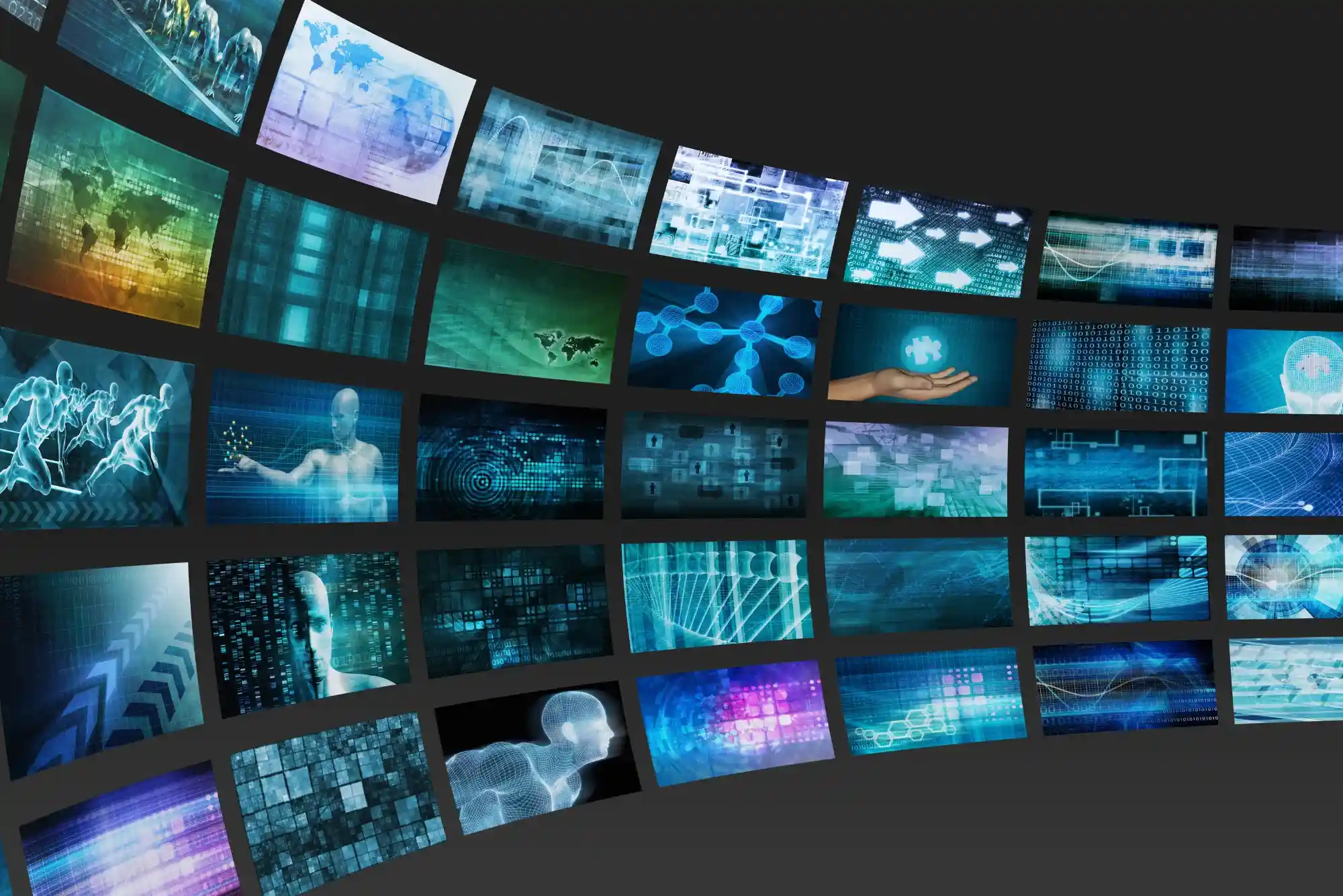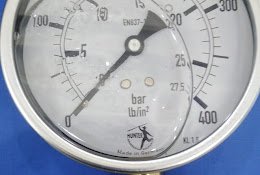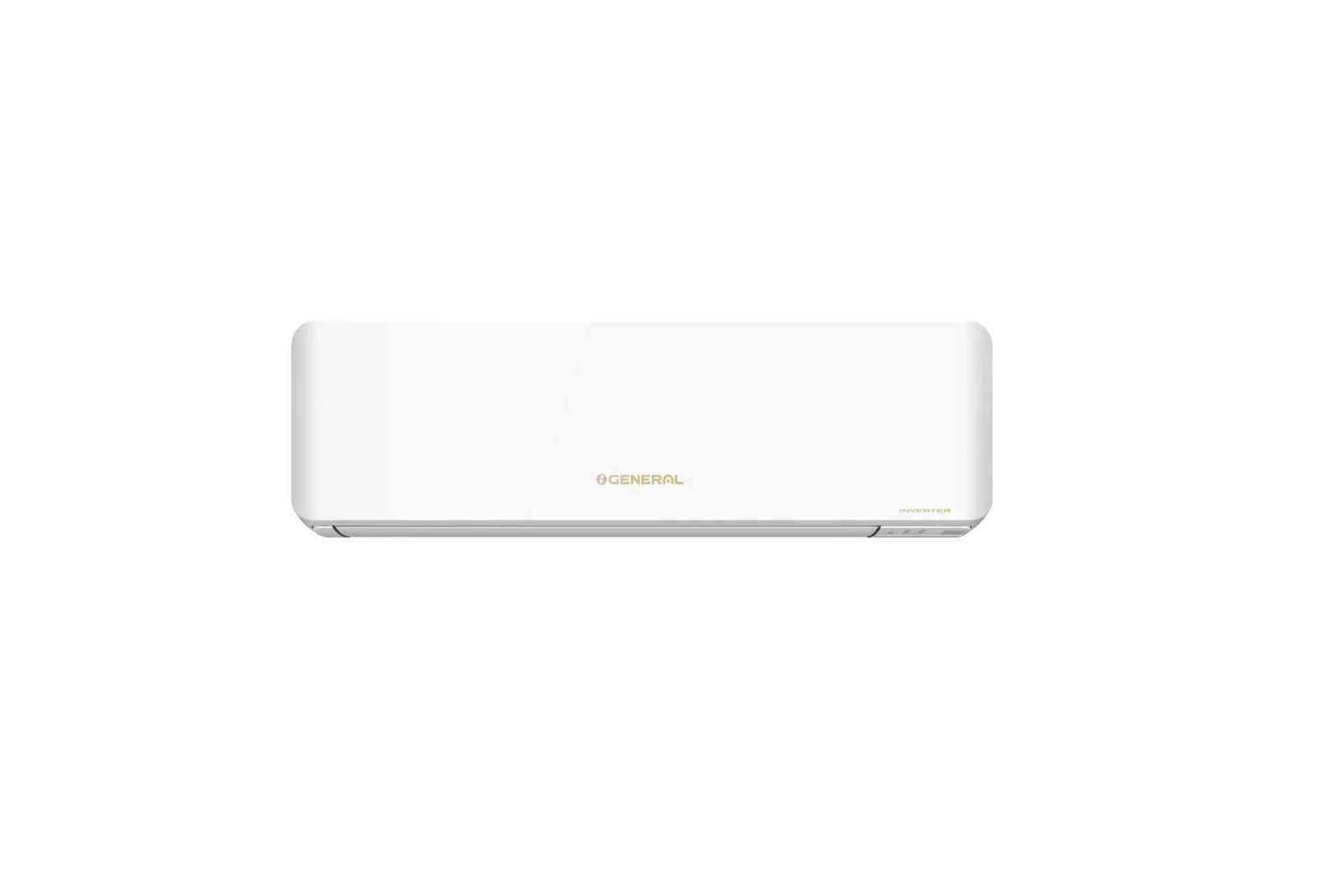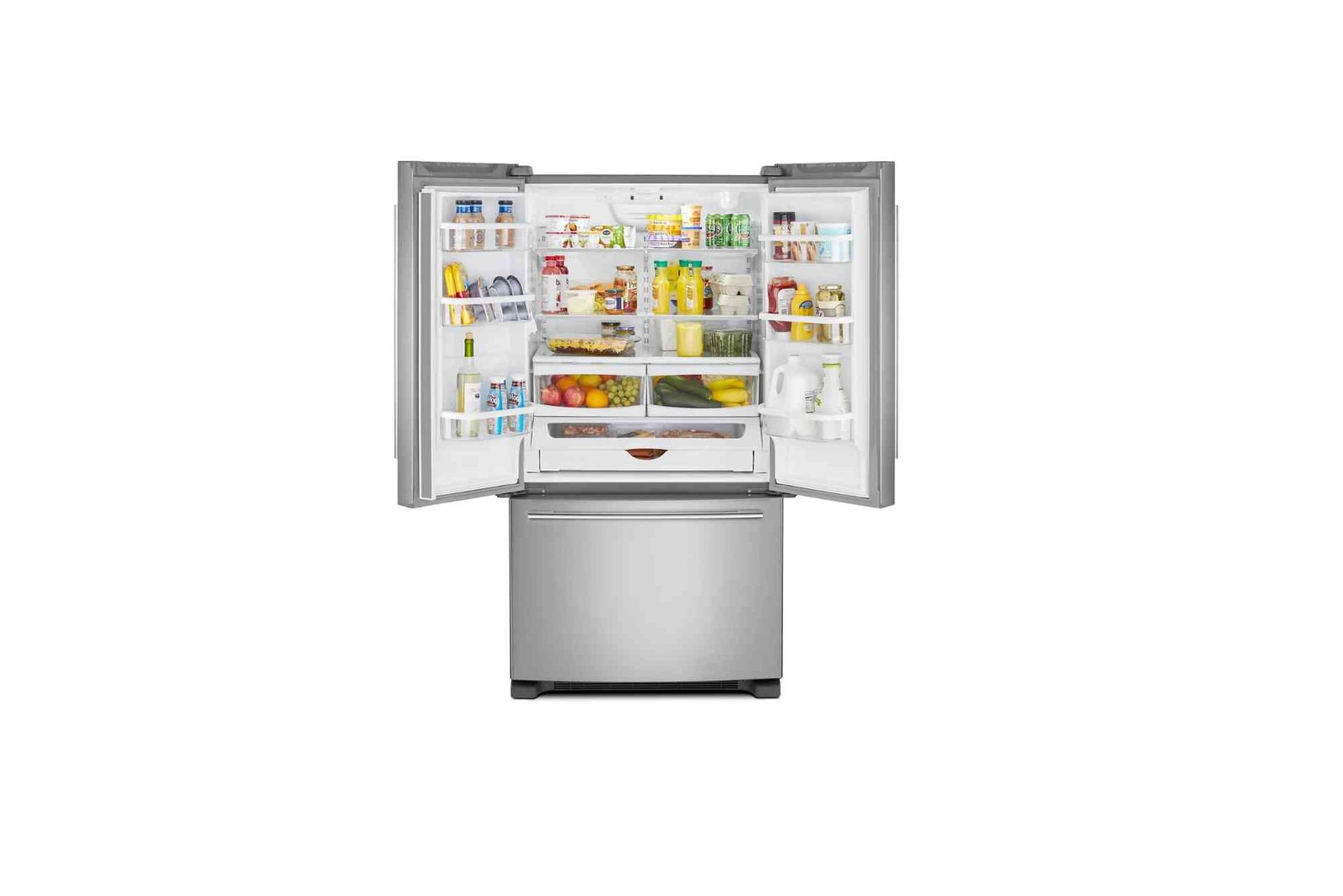Dubai is transforming healthcare by adopting cutting-edge technology to improve patient care, medical research, and digital health solutions. With strong government support, the city is integrating AI, telemedicine, blockchain, and smart devices to make healthcare more accessible, secure, and efficient.
From AI-driven diagnostics to robotic surgeries and smart hospitals, technology is reshaping healthcare services in Dubai. As the demand for advanced solutions grows, hospitals and clinics are working with the trusted app development company in Dubai to build secure, user-friendly applications that improve patient experiences.
Key Advancements in Dubai’s Health Tech
Dubai is embracing new healthcare technologies that are improving medical services and patient care. Some of the major advancements include:
- Smart hospitals that use AI for better patient management.
- Telemedicine services that allow virtual doctor consultations.
- Blockchain-based medical records for secure data storage and sharing.
- Wearable health devices that track real-time health data and alert doctors when needed.
1. AI and Big Data in Healthcare
- AI is enhancing diagnostics, treatment planning, and medical research.
- Machine learning algorithms help analyze large amounts of data, leading to faster and more accurate disease detection.
- Hospitals and clinics are collaborating with app developers to create AI-powered applications that assist doctors, streamline administrative tasks, and improve patient engagement.
2. Telemedicine: Expanding Access to Healthcare
- Dubai is making virtual healthcare more accessible with telemedicine platforms.
- Patients can consult doctors remotely through mobile apps, reducing the need for in-person visits.
- Secure telemedicine apps include AI-powered chatbots, video consultations, and encrypted data storage to ensure privacy and efficiency.
3. Blockchain for Secure Medical Records
- Blockchain technology is improving the security and privacy of patient records.
- Dubai’s healthcare system is integrating blockchain to ensure accurate, tamper-proof medical data.
- Some healthcare institutions are working with developers in Dallas to introduce more advanced blockchain solutions.
4. IoT and Wearable Health Devices
- Wearable technology, such as smartwatches and fitness trackers, allows continuous health monitoring.
- These devices provide real-time health data, helping doctors detect early warning signs and adjust treatments accordingly.
- IoT-powered health apps enable patients to track vital signs, receive medication reminders, and get emergency alerts when necessary.
The Role of Mobile Apps in Dubai’s Healthcare System
Healthcare apps are making medical services more efficient by helping patients book appointments, receive medication reminders, and consult doctors remotely. Hospitals and clinics are working with app developers to create secure, AI-driven apps that enhance patient care.
Essential Features of Health Apps in Dubai:
- AI-powered chatbots – Providing quick medical advice.
- Blockchain-secured records – Ensuring data safety and privacy.
- Telemedicine integration – Enabling video consultations with doctors
- IoT-connected wearables – Allowing real-time health tracking and alerts.
The Future of Health Tech in Dubai
Dubai is setting new standards in healthcare by integrating AI, blockchain, and telemedicine into its medical services. These innovations are making healthcare safer, more efficient, and more accessible for patients.
To keep up with digital advancements, hospitals and clinics are investing in custom health tech solutions. Partnering with app developers in Dubai ensures that healthcare providers have secure, advanced applications that meet patient needs. Some institutions are also working with an app development company in Dallas or nearby to bring global expertise into Dubai’s health tech sector.
With continuous investments in technology, Dubai is on track to become a global leader in digital healthcare, offering smarter and more connected medical services for everyone.
Find more at UAE Stars.









